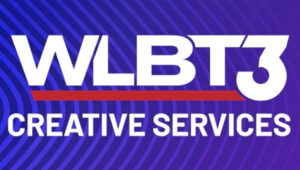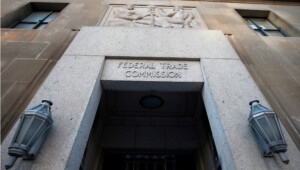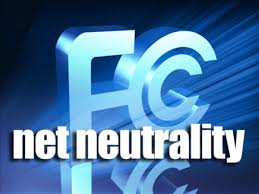
With the video marketplace in a state of flux, federal regulators need to review rules that determine how local TV stations gain carriage on streaming platforms like YouTube TV, Scripps Sports President Brian Lawlor said Wednesday. Testifying on Capitol Hill before a House panel, Lawlor called on the FCC to update the rules, which many TV station owners consider outdated and a source of friction with the Big Four networks.

Fox Corp. is calling for the prompt renewal of its WTXF Philadelphia, saying recent attempts to influence the FCC’s review are legally defective in falling outside the agency’s policies and traditions in deciding the merits of a renewal. Fox’s lawyers pushed for FCC action in a letter today supportive of renewal of the license of WTXF. Fox claimed that the opposition’s reliance on court proceedings involving Fox News Channel had no legal bearing on the FCC’s renewal of a broadcast licensee.

The commission plans a February vote on a Notice of Proposed Rulemaking to make it easier to send multilingual alerts over TV and radio.
Cable Giants Insist That Forcing Them To Make Cancellations Easier Violates Their First Amendment Rights

Neither the FCC nor FTC has a particularly good track record of standing up to broadband and cable giants when it comes to their longstanding track record of anticompetitive behavior, price gouging or nickel-and-diming their often captive customers with bogus, hidden fees. Though occasionally one of the two agencies does step in to try make a bare minimum effort to rein in the industry’s worst impulses, such as the FTC’s attempt, unveiled last March, to force companies to stop making canceling service a pain in the ass. But the cable and broadband industry, which has a long and proud tradition of whining about every last consumer protection requirement (no matter how basic), is kicking back at that requirement.
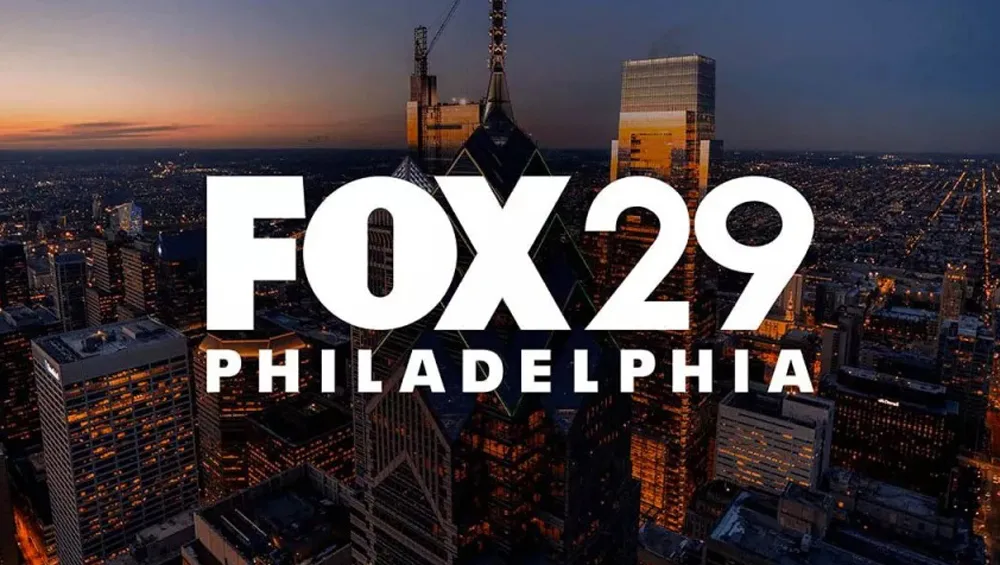
A leader in the effort to strip Fox Corp. of a TV station license is renewing calls for a federal regulatory hearing based on recent developments in a defamation case about Fox News Channel’s 2020 election coverage. Former Fox executive Preston Padden, in a filing with the FCC Thursday, called on the agency to hold a hearing on Fox’s fitness to continue as the licensee of WTXF Philadelphia (Fox 29) based on revelations in Smartmatic’s $2.7 billion defamation case against Fox.
Broadcast M&A Prospects Chilly In ’24

The FCC’s recent Top Four Duopoly rule decision, the agency’s kibosh of the Standard General-Tegna deal and private equity’s uncertainty about bellying back up to the bar all point toward a 2024 that will be relatively short on TV station mergers and acquisitions.

The owner of two radio stations in the Midwest is so far behind on payment of federal regulatory fees that he is in jeopardy of losing both licenses. The FCC has warned the owner and licensee, Daniel S. Stratemeyer, that he could be subject to license revocation if he failed to catch up on his payments within 60 days. He also has the option to demonstrate that “payment is inapplicable or should be waived or deferred.”
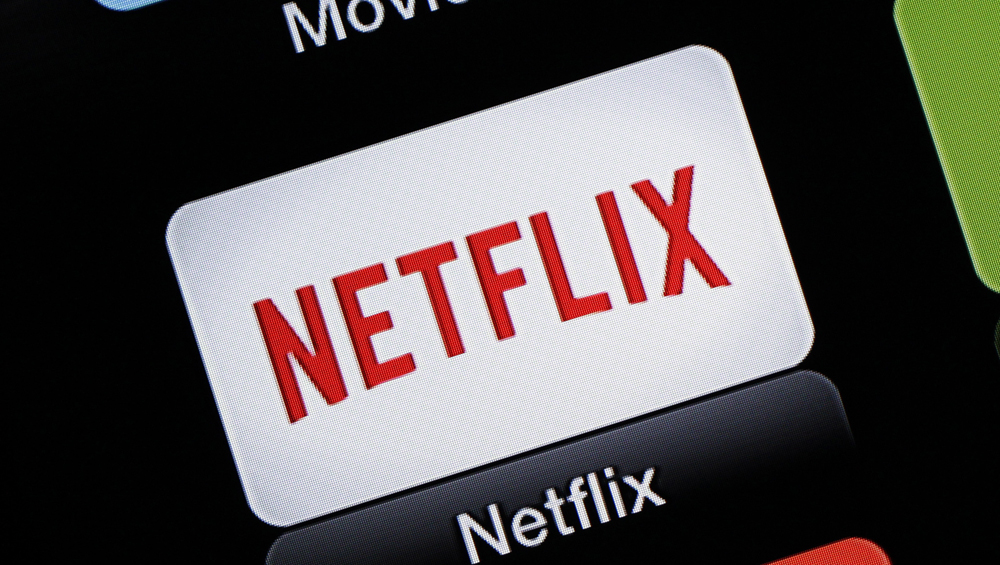
The future of streaming video will turn on whether the FCC bans broadband providers from tampering with online traffic, Netflix argued to the agency this week.
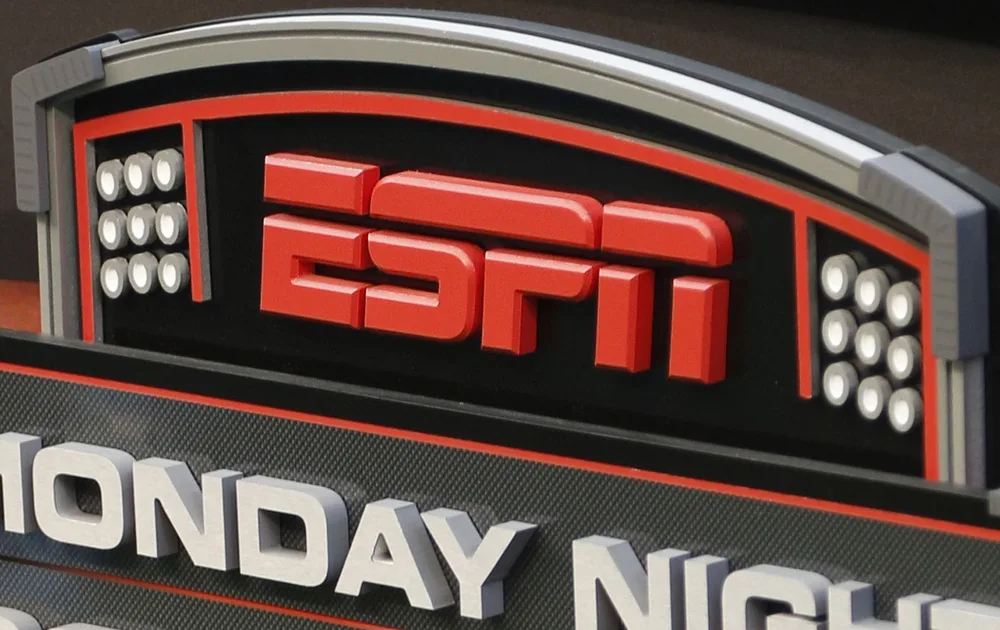
Cable’s most highly rated national sports channel is seeking an exemption from federal rules that require the provision of narrated audio descriptions to assist millions in the TV audience who are blind or visually impaired. Disney-owned ESPN — the home of the iconic Sports Center, NFL games and the College Football Playoffs — filed for the exemption today with the FCC. In recent weeks, Fox News and MNBC have filed for identical three-year exemptions.

The FCC’s Democratic majority wants cable and satellite TV consumers to receive rebates when TV stations go dark on their TVs. The plan, unveiled Wednesday by FCC Chair Jessica Rosenworcel, triggered a strong response from the agency’s two Republicans, Brendan Carr and Nathan Simington.
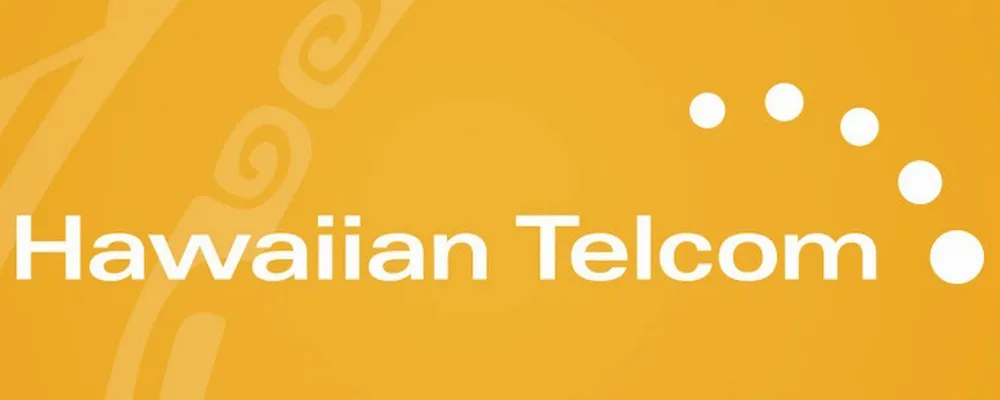
Ted Hearn: On Friday, Comcast won a TV station carriage dispute at the FCC. In siding with Comcast, FCC Media Bureau Chief Holly Saurer likely handed victory to a second cable operator: Hawaiian Telcom. The Honolulu-based cable company last July filed a retrans complaint against Nexstar with allegations identical to those lodged by Comcast.
The FCC Vs. The News In Your Neighborhood
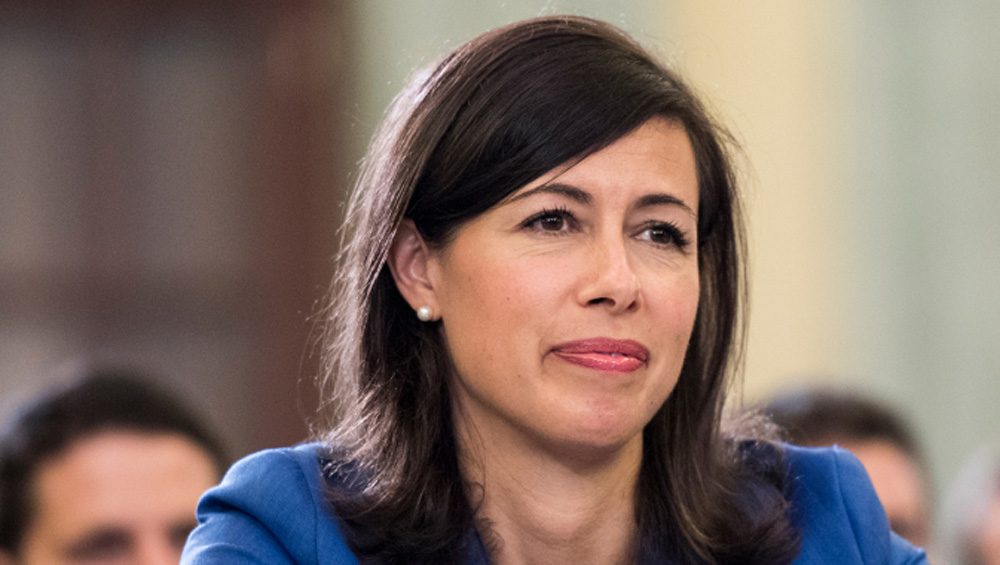
Holman W. Jenkins Jr.: Local broadcasting might have a future if the agency’s ownership rules would get out of the way.
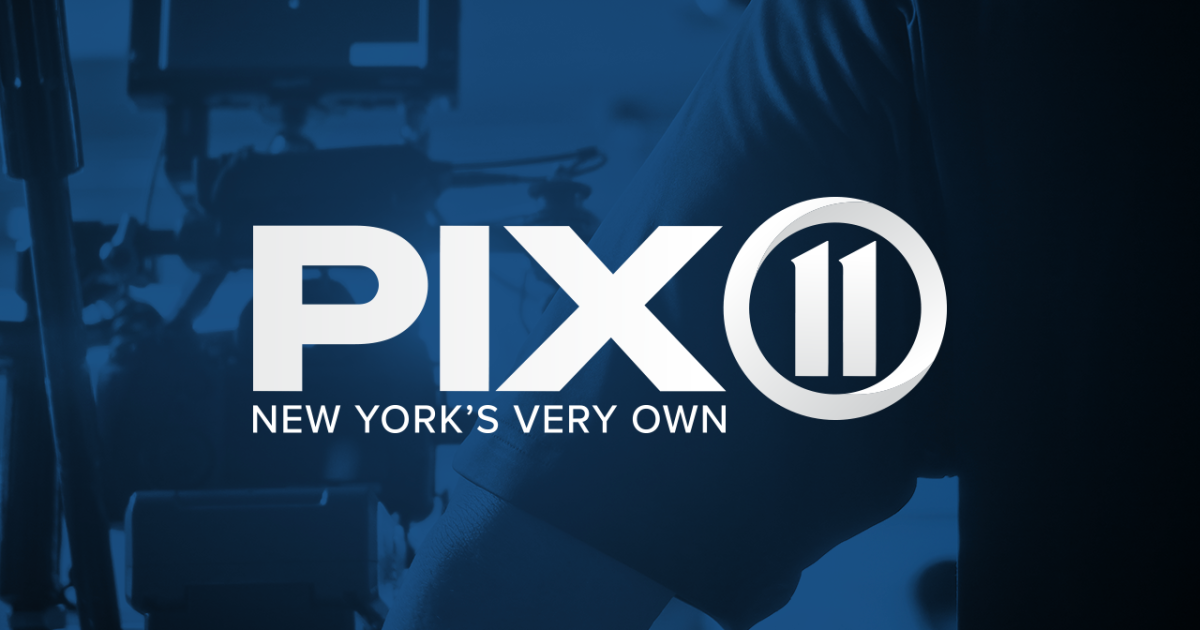
WPIX New York owner Mission Broadcasting is being fined $150,000 by the FCC over a contract dispute with cable giant Comcast that caused the cable TV company to file a complaint with the agency in 2022. TV stations and cable operators have a legal duty to negotiate retransmission consent carriage deals in good faith. But the FCC found that Mission violated that standard by requiring contract terms with Comcast that would have prevented either side from filing a complaint with the FCC.
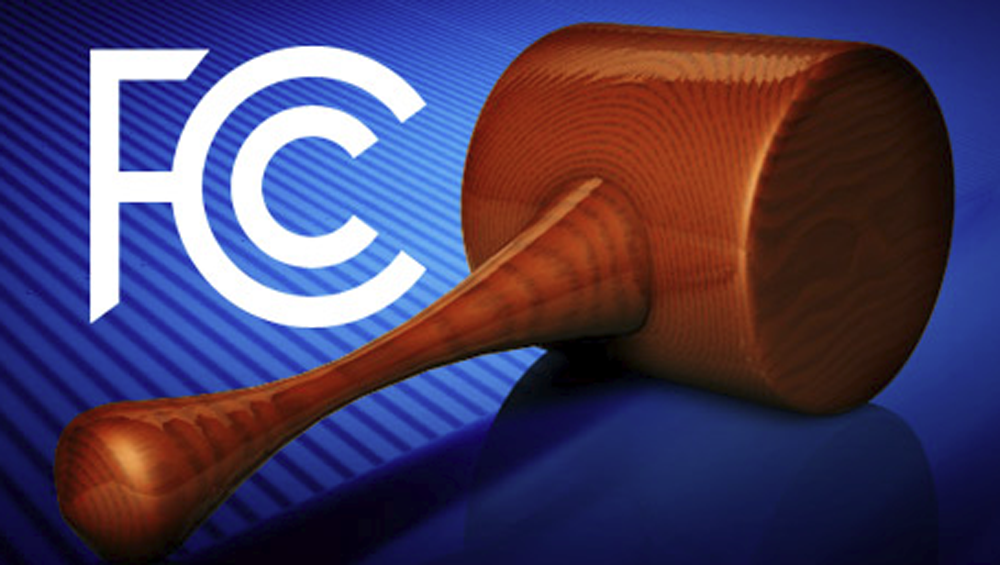
The FCC is fining Nexstar’s KAMR Amarillo, Texas, $6,000 and a Paramount Global’s KPYX San Francisco $3,000 over lax recordkeeping discovered by agency staff in reviewing the stations’ license renewal applications submitted in 2022.

Fox Corp.’s effort to protect its WTXF Philadelphia from license revocation just got some new local political support. Pennsylvania State Rep. Morgan Cephas sent a brief letter calling on the FCC to renew the license, which is being challenged over 2020 election reporting that aired on Fox News Channel and Fox stations around the country. The challenge to the license began last summer. Although Fox has asked for prompt renewal, the FCC has not acted.
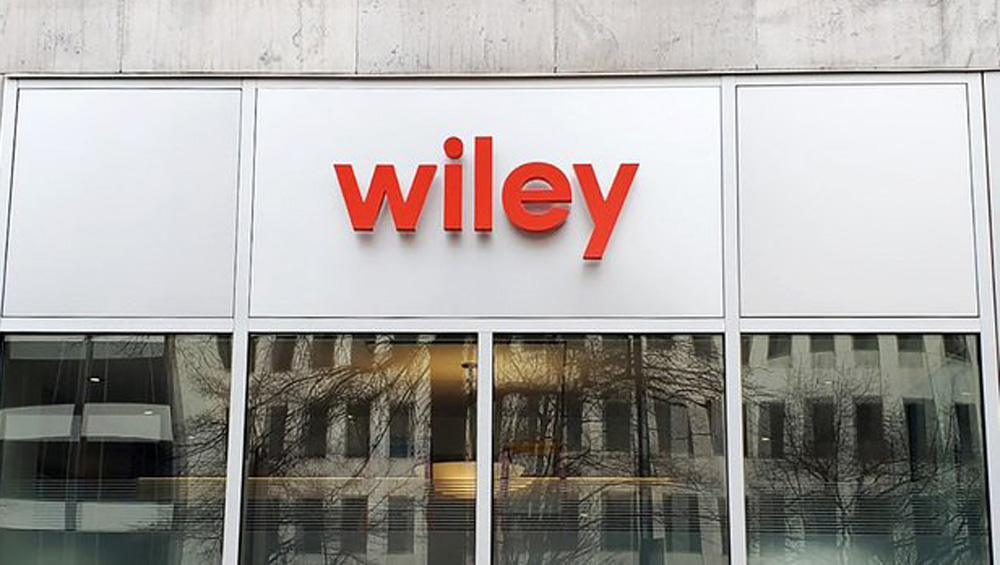
WGBP has deployed just about every legal argument possible in an effort to win a carriage dispute with Dish Network. Now the station is trying a little humor with the FCC’s Media Bureau staff to get across its point that Dish is blurring the meaning of regulations that are clear on their face. “While these interpretations are clear and unambiguous, Dish effectively asks the Media Bureau staff to stand on one foot, put on a pair of oversized sunglasses, and spin around five times, to try to find a different meaning,” said Wiley Rein lawyer Ari Meltzer, counsel for WGBP owner CNZ Communications, in a Jan. 5 filing with the commission.
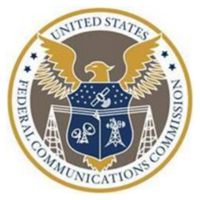
A second major cable news channel is seeking an exemption from federal video description rules intended to help millions who are either the blind or visual impaired. Fox News — the top-rated cable network overall for the past eight years — is asking for the exemption from the FCC, joining MNBC in asserting that the agency’s rules have traditionally excluded networks that offer little in the way of recorded programming.
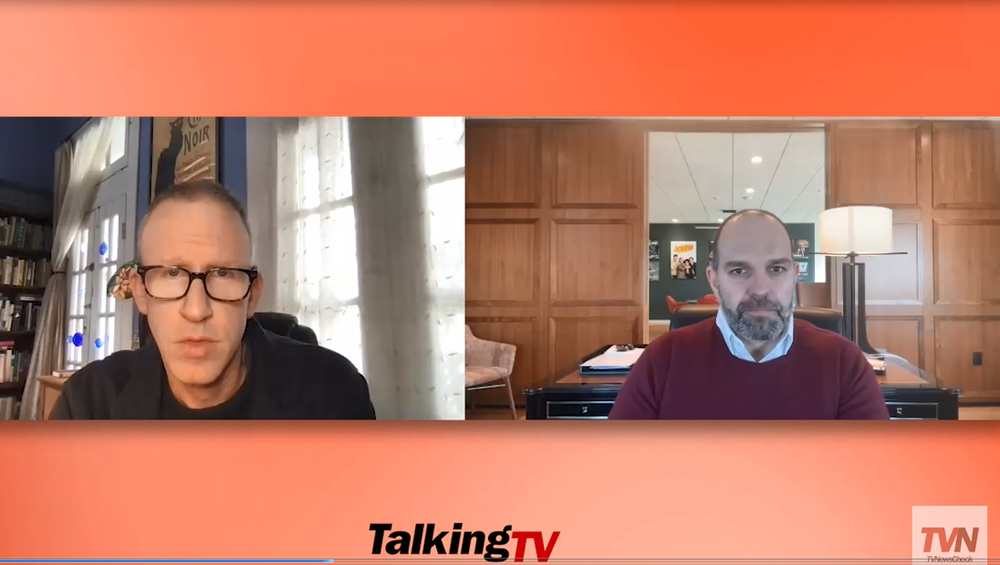
NAB President and CEO Curtis LeGeyt says he’s “tremendously frustrated” with the FCC’s late December decision to reaffirm and tighten its regulations on broadcast ownership. So, what’s the organization’s next move? A full transcript of the conversation is included.
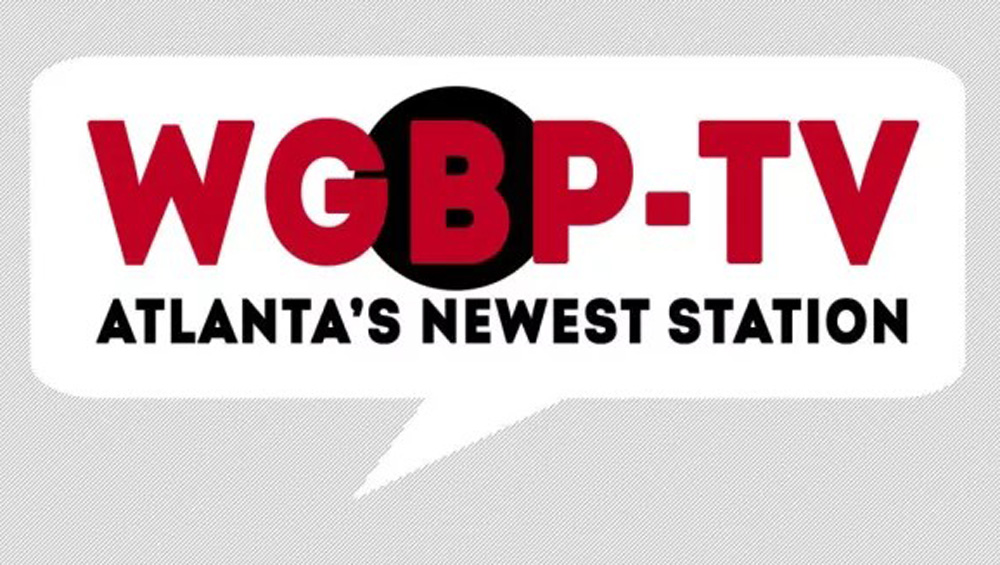
CNZ Communications, owner of WGBP Opelika, Ala., claims that under FCC precedent, Dish needs to carry the station throughout the entire Atlanta, Ga., and Columbus, Ga., DMAs. CNZ filed a complaint with the FCC on Dec. 11 seeking full carriage in both markets. Yesterday, Dish asked the FCC to deny the complaint, saying it was “based on a misreading of the relevant statute, regulations, and FCC precedent.”
Hey FCC, It’s Not The 1960s Anymore

The FCC has held tight to anachronistic structural regulations, dealing a massive blow to broadcasters in dire need of regulatory relief. Localism will be one of the casualties.
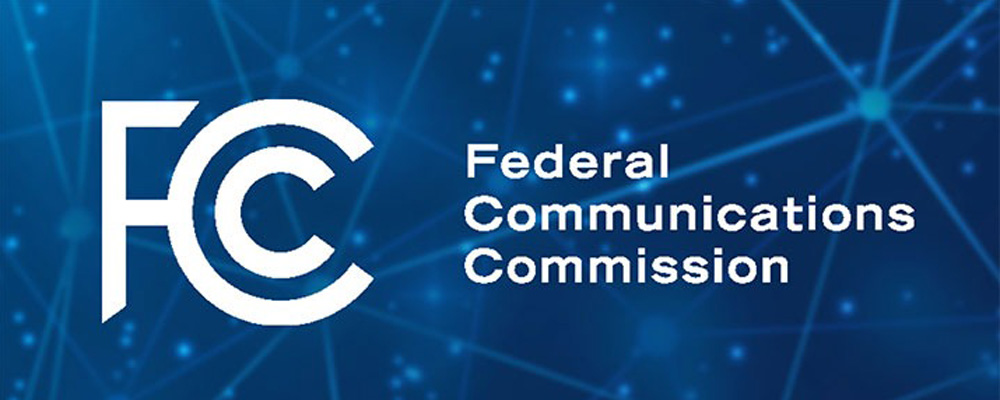
TV station owners just got bopped on the beak by the FCC regarding local TV station ownership limits. Could another bloody nose be on the way? It’s possible. That’s the view of prominent broadcast attorney David Oxenford, a partner at Wilkinson Barker Knauer in Washington. In a Jan. 2 blog, Oxenford said the Democratic-controlled FCC could take a look at the so-called UHF Discount, which is an FCC rule that allows a single TV station owner to serve more than 39% of TV households nationally. The FCC did not take up the UHF Discount or the 39% statutory cap set by Congress during its most recent quadrennial review of its broadcast ownership rules. “With a fifth commissioner now on the FCC, the UHF Discount could again be considered, particularly if there is a proposed acquisition that places the issue before the FCC by relying on the discount to comply with the ownership rules,” Oxenford said.
FCC Gives Broadcasters A Lump Of Coal For The New Year

Entrenched in the past, the commission has held firm — and even tightened — its deeply out-of-date regulations, dealing a deep blow to broadcasters.

The Opelika, Ala., NBC LX Home affiliate owner, CNZ Communications, has turned to the FCC to resolve a carriage dispute with Dish Network. Satellite TV providers like Dish have a legal obligation to carry local TV signals, but CNZ Communications claims Dish has declined to carry the station in all areas where WGBP believes it deserves distribution. Dish, by contrast, says it has met its legal requirements.
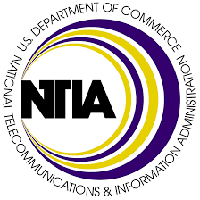
The telecommunications division of the U.S. Department of Commerce is backing the idea of raising the speed definition of broadband but was silent about taking it to a much higher level sought by a few fiber broadband companies. The National Telecommunications and Information Administration alerted the FCC last week that it supported raising the definition of broadband to 100/20 Mbps. The current threshold is 25/3 Mbps, which many view as outdated. NTIA’s letter didn’t address raising the broadband speed level to 100/100 Mbps – creating a symmetrical standard supported by regional fiber companies like Allo Fiber, Google Fiber and Ting Internet.

MSNBC is seeking approval from the FCC to skip providing audio descriptions for the blind during the Rachel Maddow Show and other live network programming. The commission has rules pursuant to a 2010 law that require some cable networks to furnish audio descriptions, but MSNBC says that because so many hours of its programming are live, the network met the criteria for an FCC exemption.

In a blow to broadcasters and a victory for cable, the FCC has reaffirmed and toughened its network and TV station ownership limits, saying that despite a proliferation of alternative video options, including streaming video, limits on network and local station ownership remain necessary to promote the public interest goals of competition, localism and viewpoint diversity “given the unique obligations broadcast licensees have as trustees of the public’s airwaves to serve their local communities.” In wrapping up its 2018 review of whether network and local TV station ownership limits and regs are in the public interest, a Democratic majority of commissioners said they were.

The FCC under Democratic control has decided to tighten its TV station ownership rules. Under the rules, the FCC will make it harder for one station to affiliate with more than one Big Four broadcast network. Stations say that the FCC’s approach is unjustified given the intense competitive pressure they face for advertising revenue. The FCC decision, released Tuesday afternoon, was a substantial victory for the cable TV industry, which has tied current station ownership rules to a rise in signal blackouts and higher retransmission consent fees.
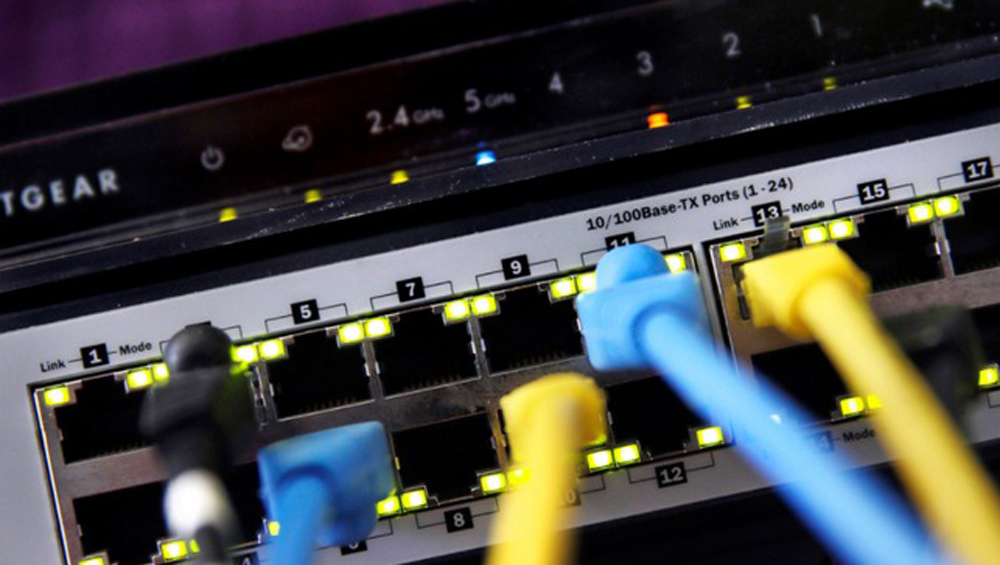
Cable lobbying group NCTA–The Internet & Television Association is asking the FCC to reject a proposal made by Google Fiber, ALLO and Ting to increase the government’s definition of “broadband’ to a symmetrical 100 megabits-per-second speed.

After weeks of intense lobbying, the Federal Communications Commission has reportedly adopted new media ownership rules, and it appears TV station owners have been dealt a setback. The news came in a post on the X microblogging site by a reporter for Communications Daily, an industry newsletter that follows FCC activity closely. “The FCC has approved the 2018 Quad Review order 3-2. I’m told the order still extends top 4 prohibition to LPTV and multicast streams, only change is language highlighting the waiver process,” Monty Tayloe wrote on Friday.
The FCC says it needs better data on instances where TV stations go dark on cable and satellite TV systems. A key question: Who needs to provide the blackout data — the pay TV companies or the TV stations? In a document posted Thursday on its website, the FCC said it would put the burden on cable and satellite TV, not TV stations, saying it was the most practical option.

Ahead of next Wednesday’s fast-approaching deadline, broadcasting and pay TV industry representatives are using the limited time left to pitch the FCC on their preferred substance of potentially new media ownership rules. Broadcasters are urging the FCC to loosen some current rules and allow for more TV station ownership consolidation at the local level. Meanwhile, cable and satellite TV companies think current rules have loopholes that need to be closed to reduce the number of signal blackouts and moderate their payments to stations for carriage.

CBS parent Paramount Global is reportedly in merger talks with Warner Bros. Discovery – in yet another sign that legacy media institutions continue their search for sufficient scale to compete with Netflix, Apple, and Amazon in the streaming video space. If CBS is in play, that could draw others into a bidding contest, including Comcast, according to a CNBC report. If Comcast came away the winner, the Philadelphia-based media conglomerate would own the NBC and CBS networks. However, FCC rules do not permit the common ownership of two Big Four broadcast networks without a wavier — a restriction that dates to 1946.

It’s not just TV stations that want deregulation from the FCC. So do radio stations. Facing stiff competition from Amazon, Facebook, and Google for ad dollars, radio broadcasters Connoisseur Media and Mid-West Family Broadcasting are saying the FCC needs “to relax the current local radio ownership rules particularly for companies like theirs, that already provide significant local service, and would increase such service if allowed to own more stations in their markets.”

Senior Capitol Hill Republicans that oversee the communications sector say they want FCC Chair Jessica Rosenworcel to correct “deeply misleading” testimony about the Affordable Connectivity Program, a $14 billion broadband subsidy program.


